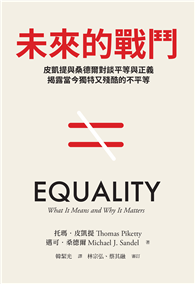This volume undertakes a comprehensive examination of issues of translation, adaptation, and intertextuality in Hungarian popular music. Focusing on the period of state socialism, the authors provide various examples of how musicians - professionals and amateurs alike - borrowed songs from distant times and places, reinventing them in a new political, technological, and esthetic environment. The case studies deal with a wide range of genres
and styles that played an important role in Hungary, such as operetta, protest song, folk, jazz, pop, and rock. Placing the Hungarian experience in a regional context, the collection also gives insight into the music scenes of the neighboring countries through a major comparative study on the Beatles adaptations in the Eastern Bloc.
| FindBook |
有 1 項符合
Translation, Adaptation, and Intertextuality in Hungarian Popular Music的圖書 |
 |
Translation, Adaptation, and Intertextuality in Hungarian Popular Music 出版社:Peter Lang Gmbh, Internationaler Verlag Der W 出版日期:2023-07-07 語言:英文 規格:精裝 / 284頁 / 普通級/ 初版 |
| 圖書館借閱 |
| 國家圖書館 | 全國圖書書目資訊網 | 國立公共資訊圖書館 | 電子書服務平台 | MetaCat 跨館整合查詢 |
| 臺北市立圖書館 | 新北市立圖書館 | 基隆市公共圖書館 | 桃園市立圖書館 | 新竹縣公共圖書館 |
| 苗栗縣立圖書館 | 臺中市立圖書館 | 彰化縣公共圖書館 | 南投縣文化局 | 雲林縣公共圖書館 |
| 嘉義縣圖書館 | 臺南市立圖書館 | 高雄市立圖書館 | 屏東縣公共圖書館 | 宜蘭縣公共圖書館 |
| 花蓮縣文化局 | 臺東縣文化處 |
|
|
圖書介紹 - 資料來源:博客來 評分:
圖書名稱:Translation, Adaptation, and Intertextuality in Hungarian Popular Music
內容簡介
作者簡介
Ádám Ignácz is a senior research fellow at the Institute for Musicology of the ELKH Research Center for the Humanities in Budapest. His scholarly interests include Hungarian and East Central European popular music, as well as the history of musicology and popular music research in the second half of the 20th century.
|











